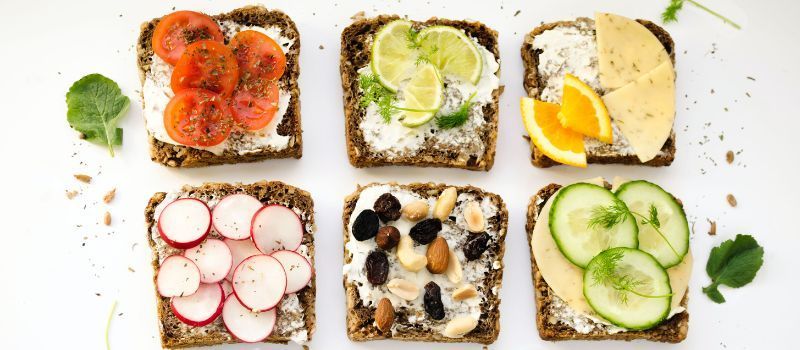“External appeal is just superficial” is a pleasant feeling, however with regards to getting gleaming, graceful skin, magnificence really goes a lot further — and a great deal of all that matters is what you eat! In particular, having a sound stomach microbiome could be your pass to wonderful, solid skin.
That might sound a little peculiar, yet your stomach microbiome speaks with your skin in various ways, as per an ongoing examination distributed in Frontiers in Microbiology. For example, the manner in which your stomach responds to your eating regimen can affect the body’s fiery reaction, which might set off psoriasis, dermatitis, and skin break out. This is the thing you ought to be familiar with keeping your stomach with everything looking good.
By visiting https://doesaz.com/you can get to know more.
What’s The Significance Here Of Having A Solid Stomach?
Your stomach is loaded up with microbes that impact your body’s stomach-related reaction and assist your insusceptible framework with working. Your stomach microbiome is the whole framework that is comprised of an assortment of microorganisms, infections, parasites, and protozoa (single-celled life forms) colonizing your gastrointestinal framework. Altogether, there are in excess of 100 trillion microbes present in the human stomach-related framework alone. While that could appear to be gross or terrifying, they assume a truly significant part of the body.
Your stomach microbiome is a fundamental piece of your body’s insusceptible reaction, which is one reason specialists say a decent eating regimen can assist your body with mending when you’re not feeling good. The microbes in your stomach likewise influence your stomach-related well-being, metabolic well-being, and cardiovascular well-being, as per a review illustrated in Circulation Research.
By visiting here you can get to know more about how long does chili last in the fridge
All In All, How Does Your Stomach Affect Your Skin?
At any point notice that your skin isn’t precisely at its best when you have influenza or haven’t been eating great. At the point when you’re not beneficial, all aspects of your body can feel the impacts. That implies that when you feel better, your entire body will receive the rewards!
Research distributed in the World Journal of Dermatology found that adjustments to the stomach microbiome can affect patients with specific dermatological illnesses. The review proposes that probiotics might play a part in the treatment of dermatitis, especially in light of the fact that they work on a variety of gastrointestinal vegetation.
Other skin issues are likewise affected by the microbiome. Reports show that the anxious, safe, and endocrine frameworks all speak with skin, and that association permits prebiotics and probiotics to forestall — and deal with — diseases like psoriasis and rosacea. On the off chance that your dermatologist raises your eating regimen, it’s most likely a discussion worth having. They’ll have the option to provide you with a definite clarification of why certain food varieties cause flare-ups and how to stay away from irritation.
It’s quite significant that, while research around the association between a sound stomach and solid skin looks encouraging, it’s as yet an arising field, and specialists are proceeding to assemble proof and searching for substantial clarifications. So look out for a new examination — it’ll all pursue assisting you with settling on better food decisions that will uphold solid, shining skin!
Adding Prebiotics (And Probiotics) To Your Eating Routine For Better Skin
To fabricate a sound stomach microbiome that can assist with keeping up with graceful, lovely skin, consider adding more probiotics and prebiotics to your eating routine. As referenced above, they can assist with tending to various different skin conditions. Simply recollect, it’s dependably savvy to talk with your doctor prior to rolling out any improvements to your eating routine.
Prebiotics are nondigestible starch intensifies that animate the development of specific microscopic organisms in the stomach. These happen normally in food varieties like leeks, asparagus, garlic, onions, wheat, oats, and soybeans. They’re additionally in food varieties with carbs, similar to psyllium, bananas, entire grain wheat, and entire grain corn.








Leave a Comment
You must be logged in to post a comment.